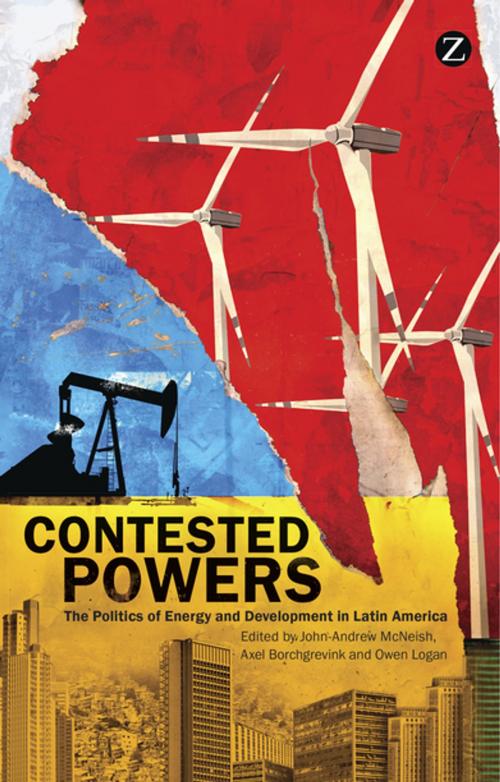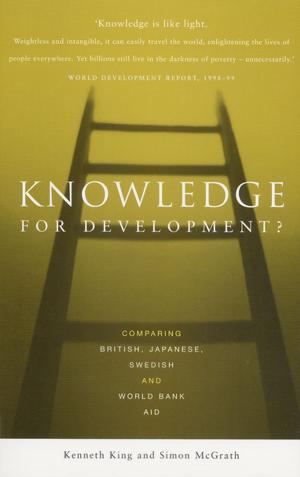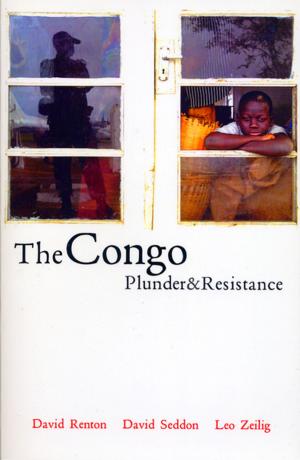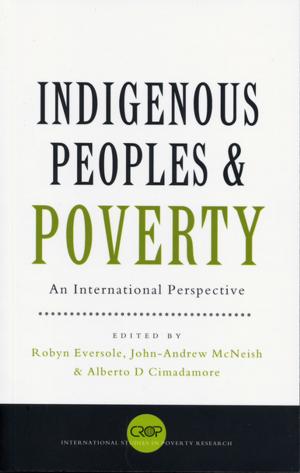Contested Powers
The Politics of Energy and Development in Latin America
Business & Finance, Economics, Economic Development, Nonfiction, Social & Cultural Studies, Political Science| Author: | ISBN: | 9781783600953 | |
| Publisher: | Zed Books | Publication: | June 11, 2015 |
| Imprint: | Zed Books | Language: | English |
| Author: | |
| ISBN: | 9781783600953 |
| Publisher: | Zed Books |
| Publication: | June 11, 2015 |
| Imprint: | Zed Books |
| Language: | English |
In the global North the commoditization of creativity and knowledge under the banner of a creative economy is being posed as the post-industrial answer to dependency on labour and natural resources. Not only does it promise a more stable and sustainable future, but an economy focused on intellectual property is more environmentally friendly, so it is suggested.
Contested Powers argues that the fixes being offered by this model are bluffs; development as witnessed in Latin American energy politics and governance remains hindered by a global division of labour and nature that puts the capacity for technological advancement in private hands. The authors call for a multi-layered understanding of sovereignty, arguing that it holds the key to undermining rigid accounts of the relationship between carbon and democracy, energy and development, and energy and political expression. Furthermore, a critical focus on energy politics is crucial to wider debates on development and sustainability.
Contested Powers is essential reading for those wondering how energy resources are converted into political power and why we still value the energy we take from our surroundings more than the means of its extraction.
In the global North the commoditization of creativity and knowledge under the banner of a creative economy is being posed as the post-industrial answer to dependency on labour and natural resources. Not only does it promise a more stable and sustainable future, but an economy focused on intellectual property is more environmentally friendly, so it is suggested.
Contested Powers argues that the fixes being offered by this model are bluffs; development as witnessed in Latin American energy politics and governance remains hindered by a global division of labour and nature that puts the capacity for technological advancement in private hands. The authors call for a multi-layered understanding of sovereignty, arguing that it holds the key to undermining rigid accounts of the relationship between carbon and democracy, energy and development, and energy and political expression. Furthermore, a critical focus on energy politics is crucial to wider debates on development and sustainability.
Contested Powers is essential reading for those wondering how energy resources are converted into political power and why we still value the energy we take from our surroundings more than the means of its extraction.















